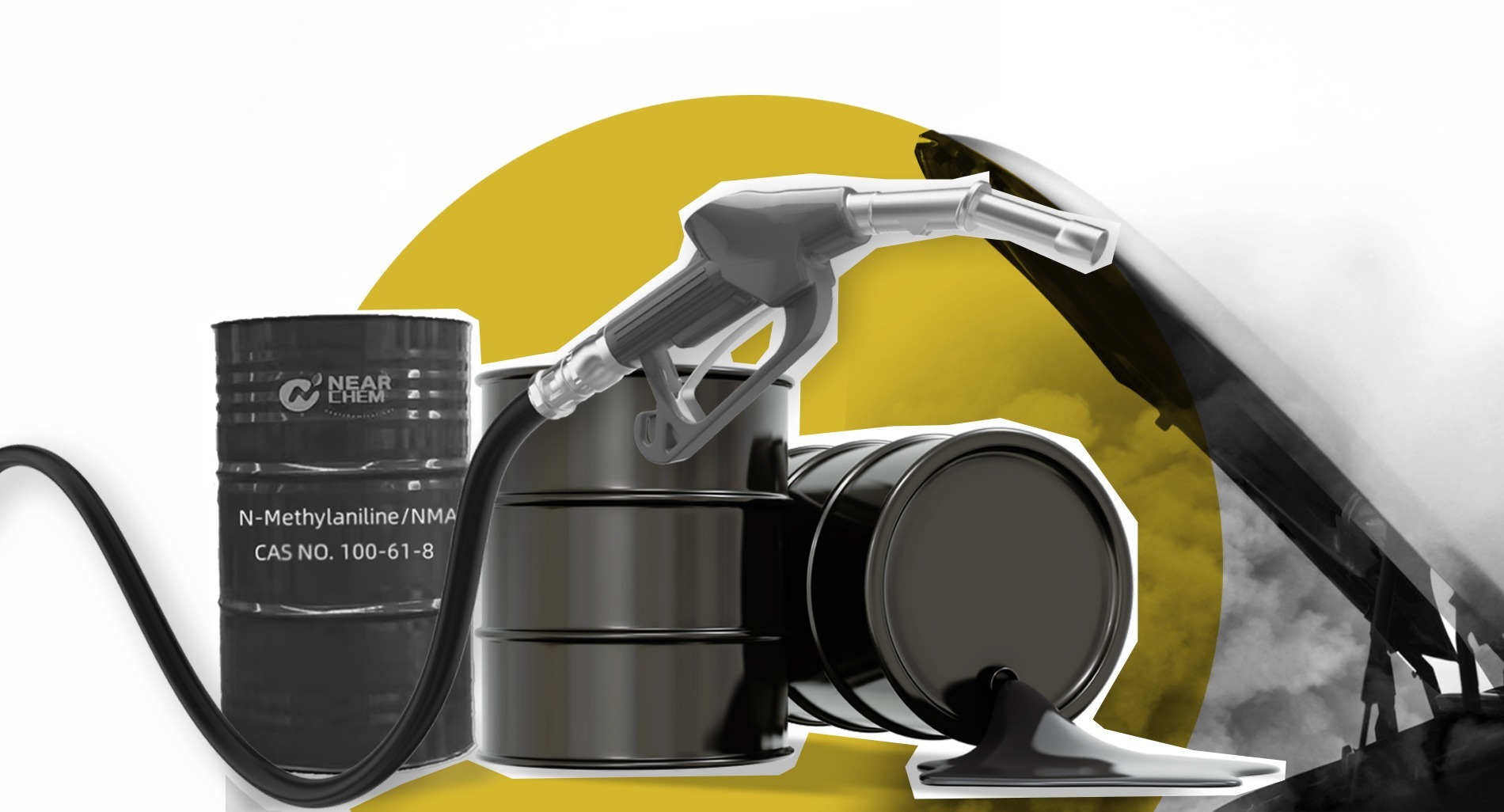Business
Contaminated Diesel Crisis in South Africa: What Every Driver Needs to Know

Cheap diesel could cost you thousands. Here’s why experts are sounding the alarm.
If you drive a diesel vehicle in South Africa, it’s time to fill up with extra caution. The country is battling a deepening crisis of contaminated diesel, linked to a shadowy, illicit fuel trade that is not only damaging engines across the nation, but also bleeding the fiscus of over R3.6 billion each year.
At the centre of the issue is a dangerous scam: the widespread adulteration of diesel with paraffin, a tax-free, low-cost alternative intended for household use. While the resulting diesel may seem like a good deal at the pump, it can wreak havoc under the hood.
Diesel Deals That Are Too Good to Be True
“Diesel is not regulated at the pump,” warns Avhapfani Tshifularo, Executive Director of the South African Petroleum Industry Association (SAPIA). “So if you see a price that’s too low, especially compared to other stations nearby—you should be suspicious.”
This criminal practice involves removing the coloured tracer markers from paraffin, blending it with diesel, and selling it off as the real thing. The appeal for syndicates is obvious: paraffin is R6–R7 cheaper per litre than diesel and isn’t taxed.
The result? Heavily diluted diesel sold at “bargain” prices that damage engines, disrupt logistics, and cost billions in lost tax revenue.
Illicit Fuel, Real Damage
The South African Revenue Service (SARS), along with law enforcement, has been cracking down on these operations. In the last four months alone, intelligence-driven raids across Gauteng, Mpumalanga, and KwaZulu-Natal led to the seizure of over 950,000 litres of tainted fuel and R367 million in assets.
In some instances, diesel samples contained up to 68% paraffin—far beyond any acceptable fuel standard.
Tshifularo says it’s a problem that stretches across multiple sectors: trucking, agriculture, construction, and even everyday motorists are unknowingly using contaminated fuel. “It’s not just about performance, this can seriously damage engines and machinery,” he warned.
Surge in Paraffin Sales Raises Red Flags
Tshifularo pointed to a suspicious boom in paraffin sales: “Five years ago, national paraffin usage sat at around 600 million litres annually. Now, it’s doubled to 1.2 billion litres.”
This spike isn’t from a sudden rise in cooking or lighting needs, it’s a glaring indicator of paraffin being diverted illegally into the diesel market.
In fact, a government investigation found that around 70 fuel stations across the country had been selling diesel laced with paraffin.
What Can Drivers Do?
Here’s what you should keep in mind to avoid costly repairs:
-
Stick to major brands. Reputable, franchise-affiliated petrol stations are far less likely to sell contaminated fuel.
-
Be wary of discounts. If a station’s diesel price seems drastically lower than others nearby, something may be wrong.
-
Monitor performance. If your vehicle starts running rough, loses power, or struggles to start after a fill-up, get your fuel tested.
-
Report concerns. If you suspect a station is selling contaminated diesel, report it to SAPIA or your local authorities.
Cracking Down on Fuel Crime
SARS and SAPS have joined forces to fight what they now call a national economic threat. “These acts threaten the very foundation of our society,” SARS said in a statement. “We will spare no effort to crush them.”
There’s reason for hope. Increased enforcement, intelligence operations, and random fuel checks are starting to choke the syndicates. But the illicit fuel economy remains vast and organised.
Tshifularo remains optimistic. “I’m glad the authorities are doing something. And we in the petroleum industry are more than willing to work with them to stamp this out.”
If you fill up with diesel in South Africa, be vigilant. That ‘cheap’ fuel could end up costing you more than just money it could destroy your engine. And in the bigger picture, it’s a crime that’s draining billions from the country. When in doubt, pay a little more for peace of mind.
{Source: BusinessTech}
Follow Joburg ETC on Facebook, Twitter , TikTok and Instagram
For more News in Johannesburg, visit joburgetc.com















